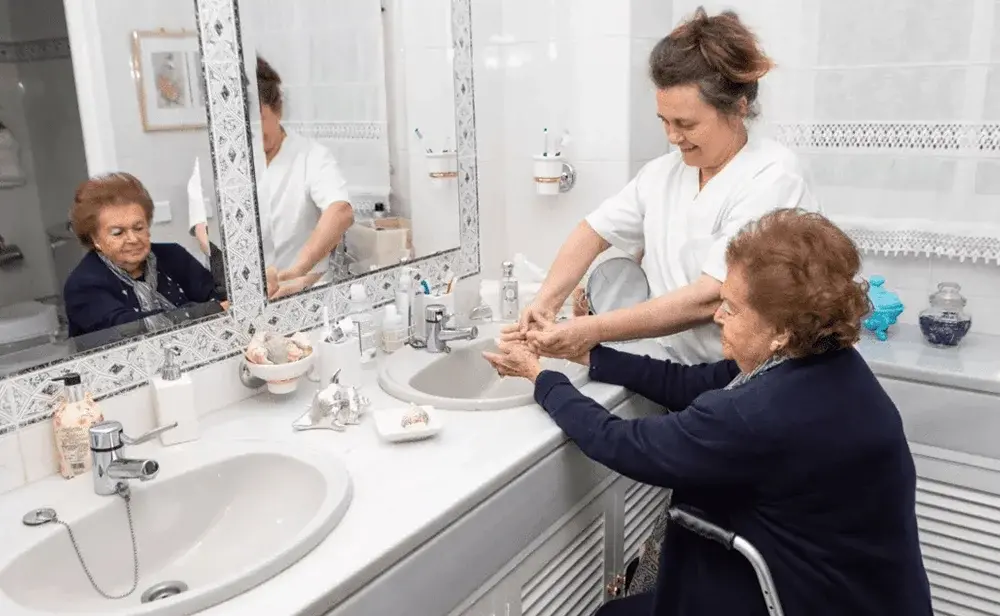
Care For Family And Friends When You Do Not Live Within Driving Distance.
- Lavine LTC Benefits
Categories: Home Care Services
If you become responsible for caregiving, learn about your family member or friend’s illness, medicines, and financial resources. Having this information will assist with their health management and caregiving.
Plan Your Visits Parent or Relative.
Talk to your family member or friend before you visit and find out the caregiving assistance they need.
Stay in regular contact.
Schedule conference calls with doctors; if they are in a care center, contact the assisted living team or nursing home staff. It maybe helpful to have share screen calls which is easier to schedule than in-person visits.
Organize Paperwork.
Organizing documents is essential for being a long-distance caregiver.
Have documents in digital or written form in notebooks and files in a filing cabinet. Important information such as health information, prescriptions, legal documents, and legal powers means legal and medical powers. Do they own a personal long-term care plan?
Ask for Caregiving Training from Organizations
Caregiving training is essential. Most of us ‘never’ receive training to know how to provide activities of daily living, i.e., eating, bathing, dressing, transitioning, and cognitive health.
Personal Long-Term Care Plans
Owning a long-term care insurance plan provides care support services as part of the LTC plan with no fees.
Additional Information: National Institute on Aging For Caregivers
